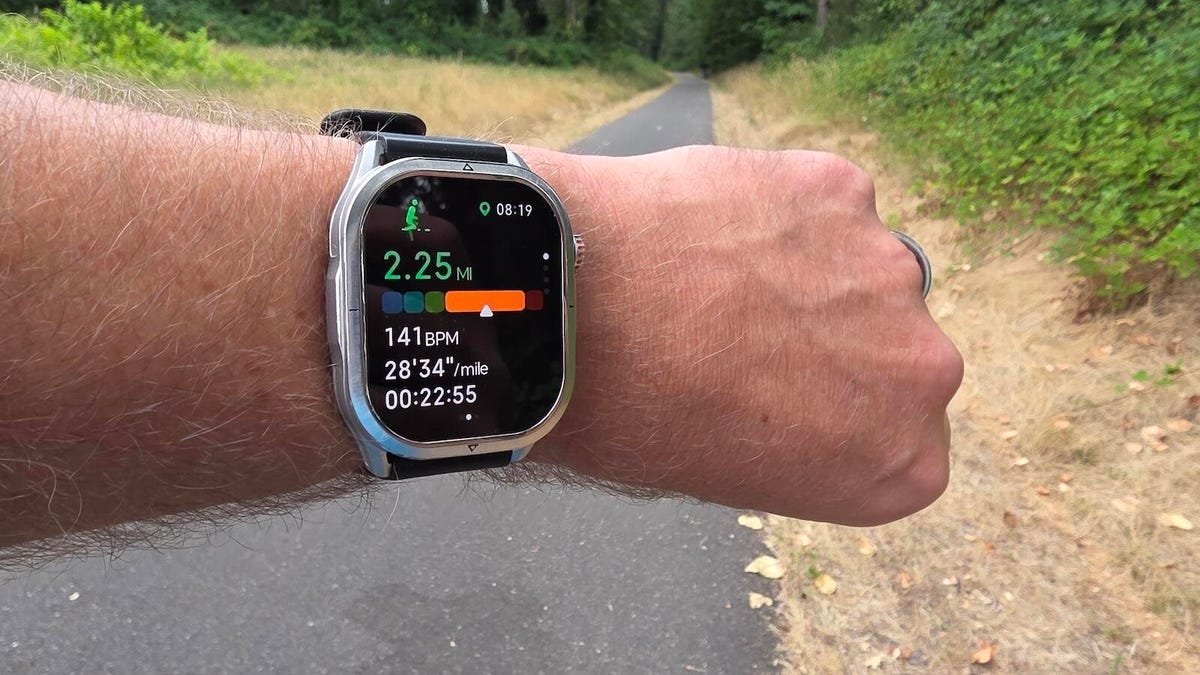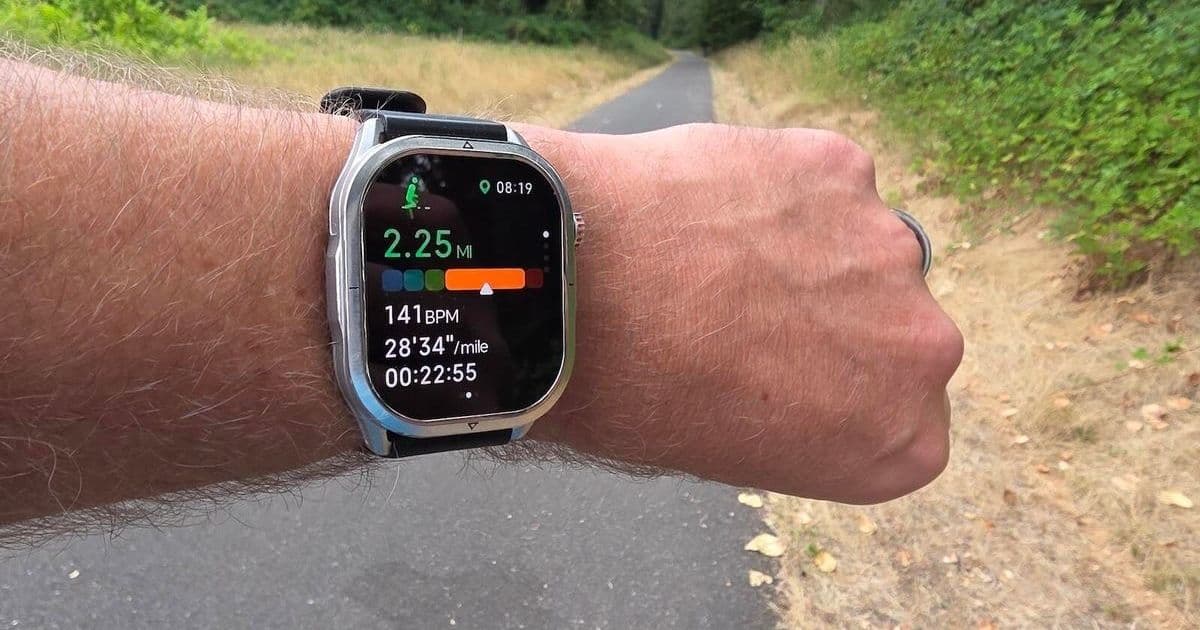The Kospet Magic P10 smartwatch delivers dual-band GPS, week-long battery life, and advanced health tracking at a fraction of flagship prices. Its intuitive design and robust app ecosystem make it a compelling alternative for developers and tech enthusiasts seeking high-performance wearables without the premium cost.
In a market dominated by $400+ smartwatches, the Kospet Magic P10 emerges as a disruptor, proving that affordability doesn't mean compromise. Priced at just $130, this wearable packs features typically reserved for premium models—like Garmin or Apple Watch—offering developers and tech-savvy users a gateway into sophisticated health and fitness tracking without the financial strain. Recent testing reveals it’s not just a budget pick but a serious contender redefining value in wearable tech.

Engineering Excellence on a Budget
Available in square (P10) and round (R10) variants, the Magic series sports a rugged, versatile design suited for everything from intense workouts to everyday wear. The square P10 model, slightly larger, provides a more ergonomic fit for active use, though personal preference dictates the choice. Internally, dual-band multi-GNSS ensures GPS accuracy rivaling high-end devices, a critical feature for developers building location-based apps. During runs and rowing sessions, tracking precision matched my Garmin Venu X1—a testament to Kospet’s hardware optimizations. Battery life impresses, with GPS modes lasting 18 hours on a charge and typical usage stretching over a week, minimizing frequent recharges that plague many wearables.
Health Tracking and Developer-Friendly Features
Beyond hardware, the Magic P10 shines in biometrics. Heart rate monitoring outperforms earlier Kospet models, thanks to rapid firmware updates that refine algorithms—a win for health-tech innovators. The watch’s interface, navigable via taps, swipes, or a digital crown, offers utilities like sleep tracking, stress analysis, and workout modes. Standout functionalities include phone-calling capabilities, voice assistant access, and lost-phone location triggers, all powered by an integrated mic and speaker. For Android users, the ability to send custom text replies directly from the watch opens integration opportunities for communication apps.
The companion Apexmove app replaces Kospet’s older software, providing a streamlined dashboard for health data visualization. It syncs seamlessly with Apple Health, Samsung Health, Google Fit, and Strava—crucial for developers focused on cross-platform ecosystems. While the app supports extensive watch-face customization, the lack of third-party app installations highlights a trade-off for its affordability. Still, with training plans and workout mapping, it delivers a cohesive experience that prioritizes actionable insights over bloat.
Why This Matters for Tech Innovators
Kospet’s approach signals a broader shift: accessible technology is democratizing advanced features. At $130, the Magic P10 lowers barriers for prototyping health or fitness applications, allowing developers to experiment with real-world data without hefty investments. Its week-long battery life and reliable GPS also address pain points in continuous monitoring—essential for IoT and wellness startups. As wearables evolve, this model proves that cost-effective hardware can fuel innovation, urging the industry to prioritize efficiency over exclusivity. For now, Kospet offers not just a smartwatch, but a toolkit for the next wave of wearable-driven solutions.
Source: ZDNET

Comments
Please log in or register to join the discussion